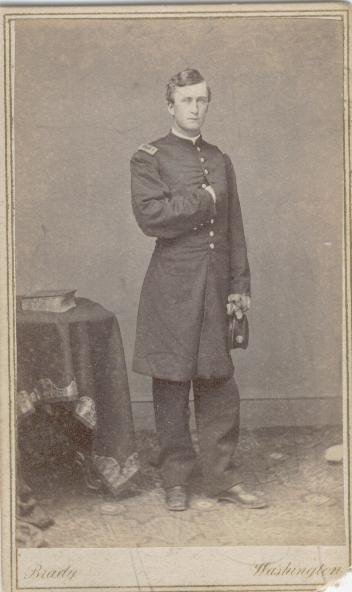 |
| Adventure with White Fang |
Its like a hundred degrees outside. Even video games are boring. What's a kid to do?
Jack London will take you on an adventure anywhere, anytime. Boy or girl from grade 6 up will enjoy this, and you may even choose to go on the adventure, too, and share the reading. London's great talent at creating setting can give you goosebumps like its forty below when its July 10th and 97 degrees in the shade.
White Fang, like the companion Yukon book
The Call of the Wild, both really take you to the Gold Rush in Alaska in the 1890's. Maybe because Jack London, never one to be a wimp, actually lived in the ultra-rugged region himself. Here's more about him.
http://en.wikipedia.org/wiki/Jack_London
It is still unbelievably difficult to get there and stay, but Jack's cabin is there for the visiting if you are a hearty soul. Or you can check out these websites:
http://www.yukoninfo.com/dawson/info/jacklondon.htm
http://www.arcticwebsite.com/LondonJackKlond.html
 |
| The She-Wolf leads the pack. |
The very best aspect of this book for all readers is the point of view. Somehow London brought us to the wolves' minds. First, as we meet White Fang's parents and the wolf pack, and then the wolf cub's perspective of growing up and surviving the standard conflicts of nature, others, and self. The chapter when the cub first ventures out into the world by himself is absolutely amazing-- I really like Jack London. The several times I have taught this story to middle school kids, they have totally gotten sucked into the wolf's experiences.
 |
| White Fang is the lead |
Of course, there is one crisis after another. It is an adventure story, with villains and heroes, both human and animal. And this book is truly much better than any movie--there is no way to portray White Fang's perspective except with London's narrative. And this book, unlike almost all other stories about canines, has a
really happy ending. Whether you reveal that to the young reader at first or not is up to you.
Here is an online link with
White Fang. The titles of the chapters are compelling just by themselves.
http://www.pagebypagebooks.com/Jack_London/White_Fang/
Jack London has numerous stories you may be interested in sharing with a youngster from middle to high school.
This is an online collection:
http://london.sonoma.edu/
 |
| The dog wonders at the man's actions. |
 |
| Maybe not such a good idea | . |
Here is a specific site for possibly London's most famous story, "To Build a Fire." Be warned, it is
intense.
http://www.jacklondons.net/buildafire.html
These stories bring up themes of survival of the fittest and of man's inhumanity to man and animal, of course. But there are also rich veins of kindness to be mined, and gold nuggets of friendship and loyalty.
My family and my classes have made visits to
Wolf Mountain Sanctuary here in Southern California. There are even movie star wolves there! Check it out, you may wish to contribute for their upkeep.
http://www.wolfmountain.com/
 |
| White Fang, the adventure hero! |
Meet you on the Chilkoot Trail!


























